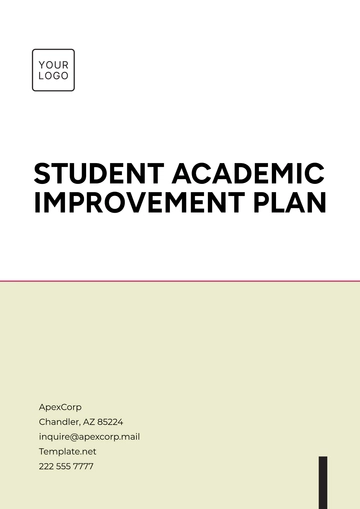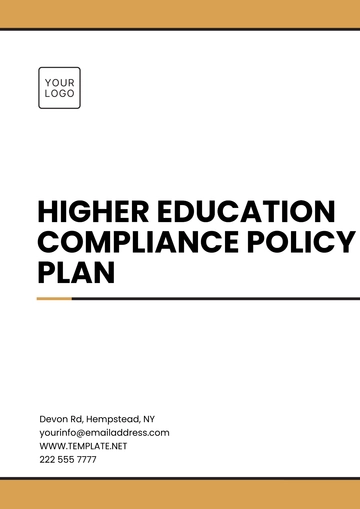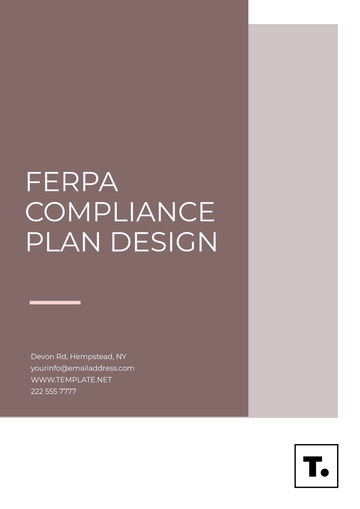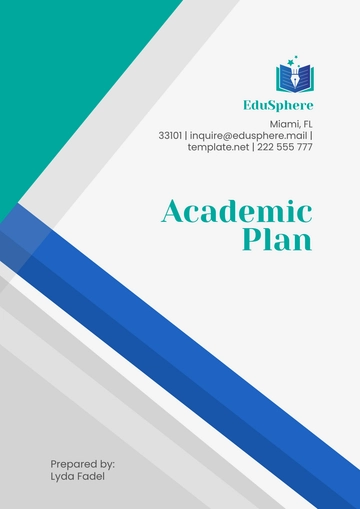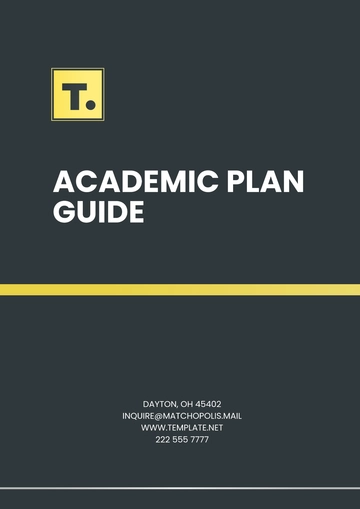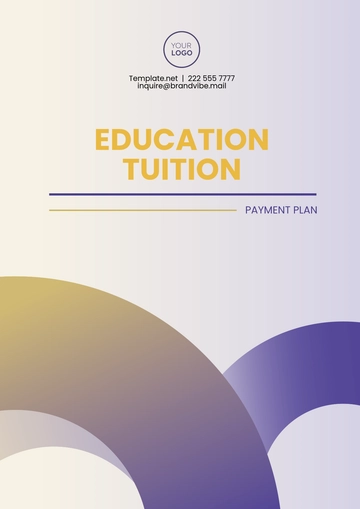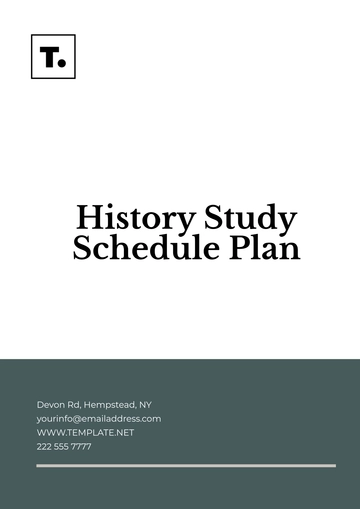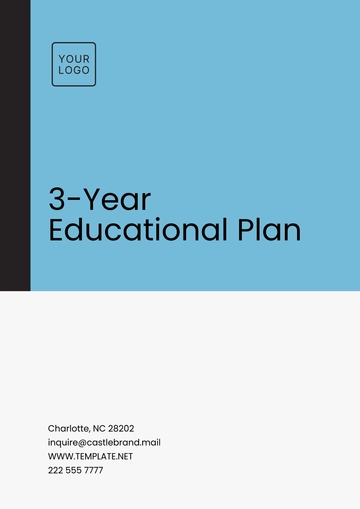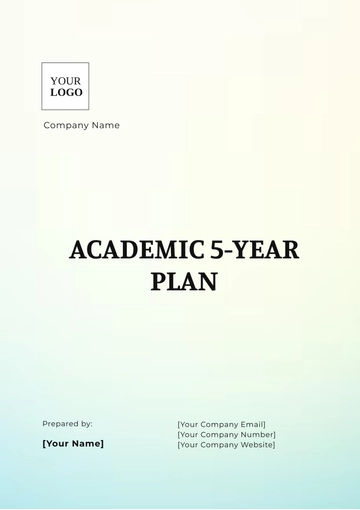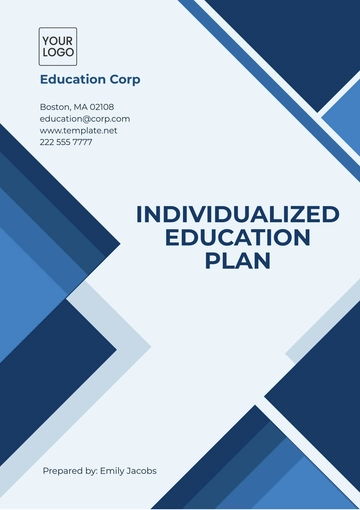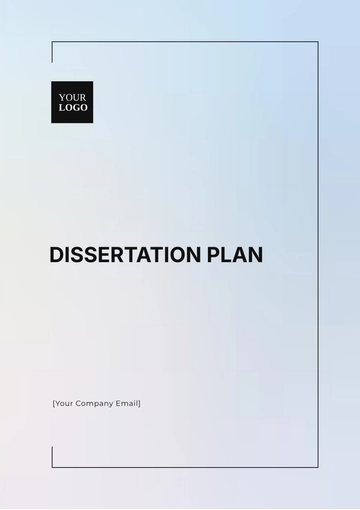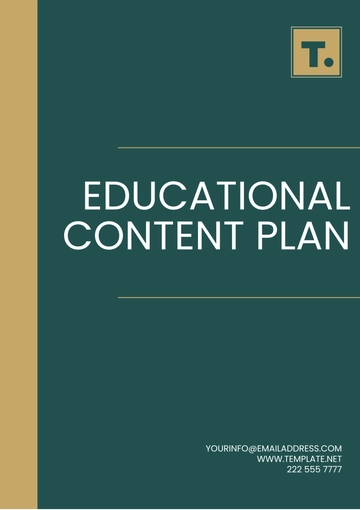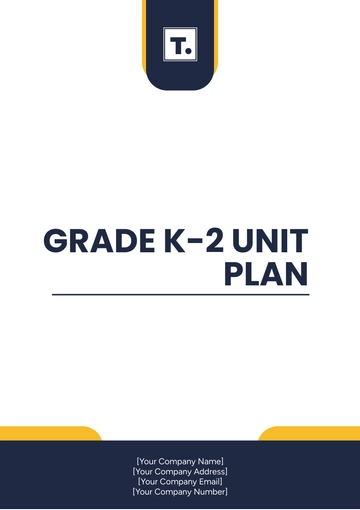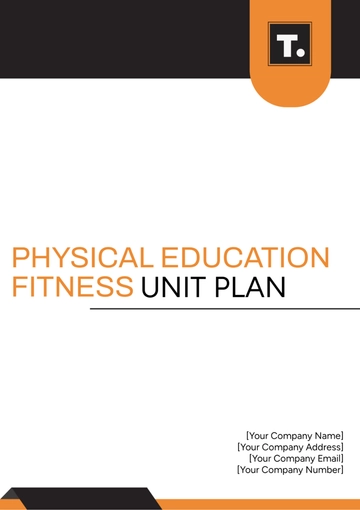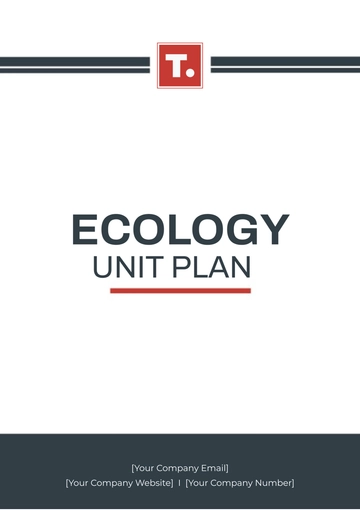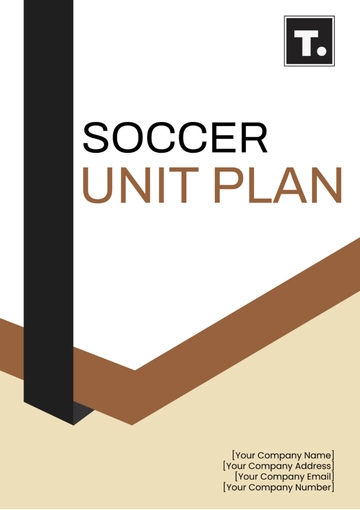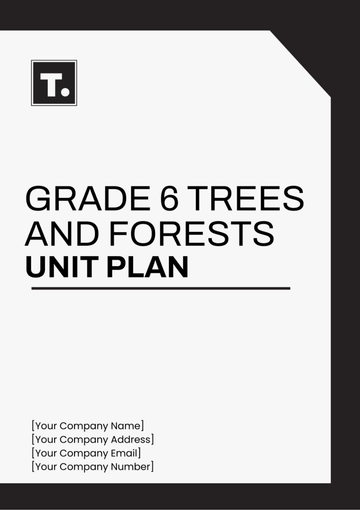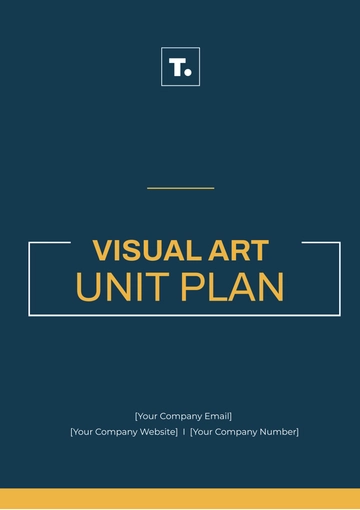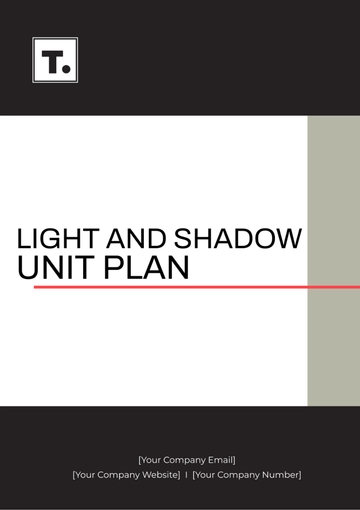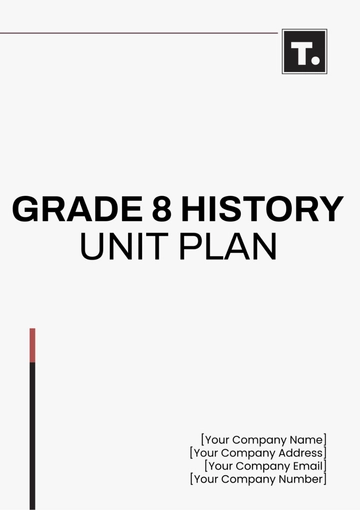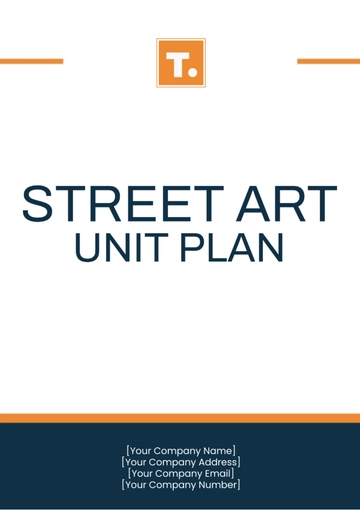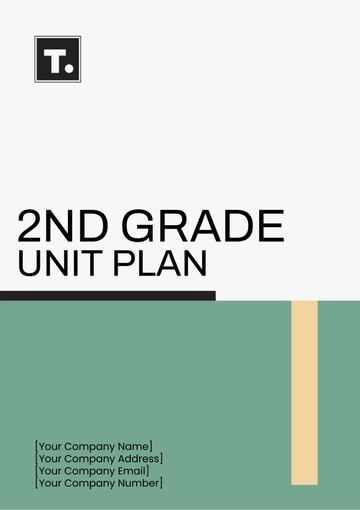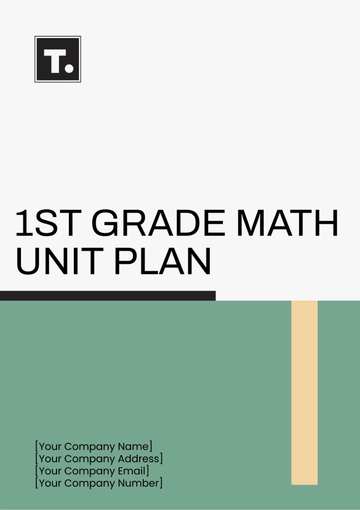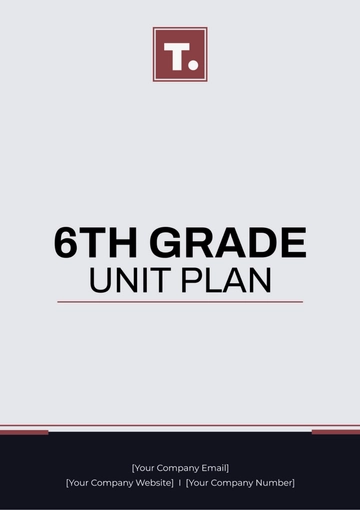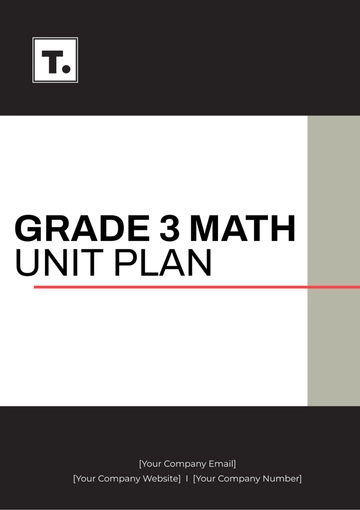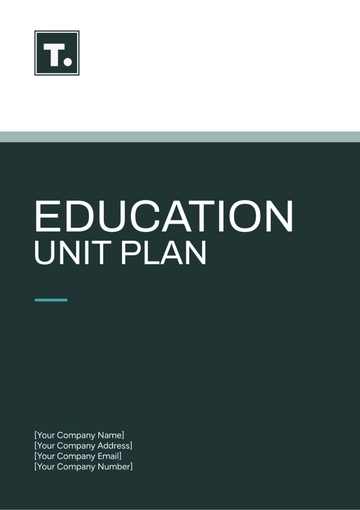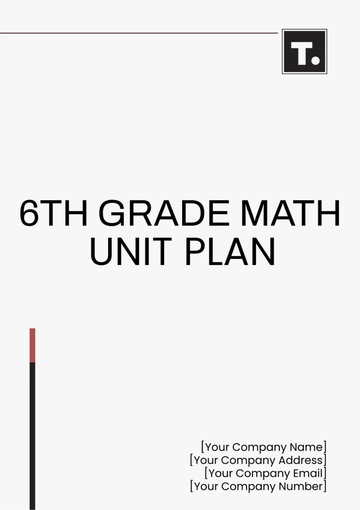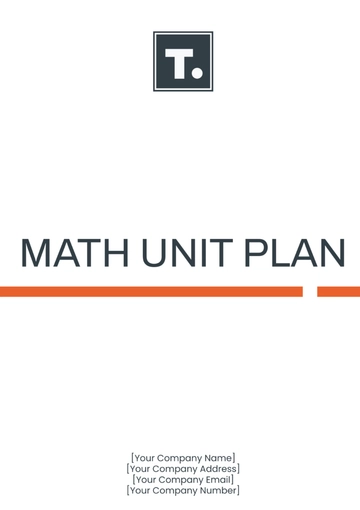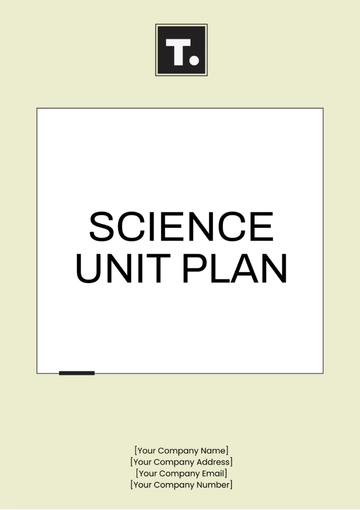Free Educational Content Plan
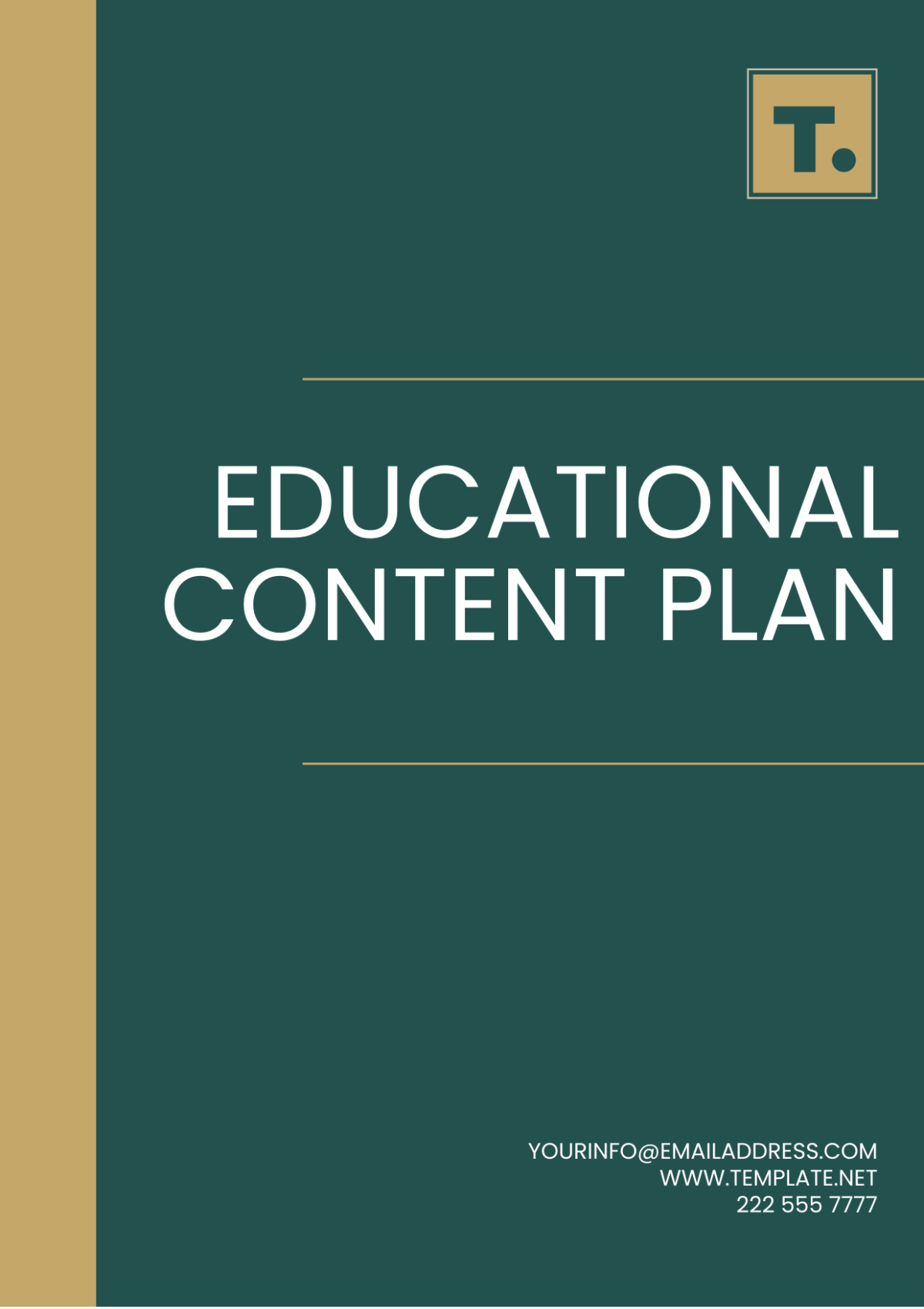
Prepared by: [Your Name]
I. Executive Summary
This educational content plan outlines the strategies, themes, and objectives for [Your Company Name]’s educational content efforts. It aims to deliver high-quality, engaging, and informative content that meets the learning needs of our target audience, enhancing their knowledge and skills.
II. Goals
Increase user engagement by 30% within the first six months.
Achieve a 25% growth in course enrollment rates over the next year.
Improve user satisfaction scores by 20% through feedback and assessments.
III. Target Audience
The target audience consists of adults aged 25-45 who are primarily working professionals and lifelong learners seeking to upskill or reskill. They are active on LinkedIn and online learning platforms, preferring flexible and on-demand educational resources.
This audience values comprehensive, easily accessible, and practical content that they can directly apply to their careers and personal development. They are looking for high-quality, engaging educational materials that help them stay competitive in their fields and support their continuous learning goals.
IV. Content Strategy
The content strategy will focus on delivering a variety of educational materials that cater to different learning preferences and needs. Key themes include industry-specific skills, personal development, technology advancements, and leadership training. The tone will be professional, informative, and supportive, ensuring that content is engaging and accessible. The content calendar will feature a mix of formats and consistent updates to keep the audience engaged and informed.
V. Content Formats and Channels
Content Types | Description | Platforms | Frequency |
|---|---|---|---|
Online Courses | Comprehensive courses on specific topics | Learning Platform | Monthly |
Webinars | Live sessions with industry experts | Zoom, YouTube | Bi-weekly |
Blog Posts | In-depth articles and guides | Website, Medium | Weekly |
Infographics | Visual summaries of complex information | Website, Social Media | Bi-weekly |
Video Tutorials | Step-by-step instructional videos | YouTube, Website | Weekly |
eBooks | Detailed guides and whitepapers | Website, Email | Quarterly |
Newsletters | Updates on new content, trends, and tips | Monthly | |
Podcasts | Audio content discussing various educational topics | Spotify, Apple Podcasts | Bi-weekly |
VI. Content Promotion Plan
Promoting educational content will involve a multi-faceted approach. Content will be regularly shared on social media platforms like LinkedIn, Twitter, and Facebook to reach a broad audience. Collaborations with industry influencers and experts will be leveraged to broaden reach and credibility. Email marketing campaigns will be designed to keep the audience informed about new content, updates, and exclusive offers.
Paid advertising on platforms like Google Ads and LinkedIn Ads will target specific demographics and interests, driving traffic and engagement to the content. Additionally, webinars and live sessions will be promoted through event platforms and partner networks to attract a larger audience.
VII. Content Creation Workflow
Stage | Description | Responsible Team Members |
|---|---|---|
Ideation | Brainstorm content ideas based on audience needs and industry trends | Content Team, Subject Matter Experts |
Research | Conduct research to ensure content accuracy and relevance | Researchers, Content Team |
Creation | Develop educational materials including writing, designing, and recording | Content Creators, Designers, Videographers |
Editing | Review and edit content for accuracy, clarity, and engagement | Editors, Quality Assurance Team |
Approval | Obtain approval from relevant stakeholders | Content Managers, Compliance Team |
Publishing | Upload content to appropriate platforms and optimize for SEO | Content Managers, SEO Specialists |
Promotion | Share content across various channels and engage with the audience | Social Media Managers, Email Marketing Team |
Evaluation | Measure content performance and gather feedback | Analytics Team, Feedback Team |
VIII. Measurement and Analytics
To measure the success of the educational content, key performance indicators (KPIs) such as engagement rates, course completion rates, user feedback scores, and website traffic will be tracked. Analytics tools such as Google Analytics, social media insights, and LMS (Learning Management System) analytics will be used to gather data.
Regular surveys and feedback forms will be distributed to understand user satisfaction and areas for improvement. This data will help in refining content strategies, identifying popular topics, and improving overall user experience.
- 100% Customizable, free editor
- Access 1 Million+ Templates, photo’s & graphics
- Download or share as a template
- Click and replace photos, graphics, text, backgrounds
- Resize, crop, AI write & more
- Access advanced editor
Enhance your teaching materials with the Educational Content Plan Template offered by Template.net. This customizable template is designed to help educators organize lesson plans, assignments, and activities. Downloadable and printable, it ensures that your educational content is well-structured and engaging. Use our editable AI Editor Tool to tailor each section, making your teaching resources more effective and aligned with your educational goals.
You may also like
- Finance Plan
- Construction Plan
- Sales Plan
- Development Plan
- Career Plan
- Budget Plan
- HR Plan
- Education Plan
- Transition Plan
- Work Plan
- Training Plan
- Communication Plan
- Operation Plan
- Health And Safety Plan
- Strategy Plan
- Professional Development Plan
- Advertising Plan
- Risk Management Plan
- Restaurant Plan
- School Plan
- Nursing Home Patient Care Plan
- Nursing Care Plan
- Plan Event
- Startup Plan
- Social Media Plan
- Staffing Plan
- Annual Plan
- Content Plan
- Payment Plan
- Implementation Plan
- Hotel Plan
- Workout Plan
- Accounting Plan
- Campaign Plan
- Essay Plan
- 30 60 90 Day Plan
- Research Plan
- Recruitment Plan
- 90 Day Plan
- Quarterly Plan
- Emergency Plan
- 5 Year Plan
- Gym Plan
- Personal Plan
- IT and Software Plan
- Treatment Plan
- Real Estate Plan
- Law Firm Plan
- Healthcare Plan
- Improvement Plan
- Media Plan
- 5 Year Business Plan
- Learning Plan
- Marketing Campaign Plan
- Travel Agency Plan
- Cleaning Services Plan
- Interior Design Plan
- Performance Plan
- PR Plan
- Birth Plan
- Life Plan
- SEO Plan
- Disaster Recovery Plan
- Continuity Plan
- Launch Plan
- Legal Plan
- Behavior Plan
- Performance Improvement Plan
- Salon Plan
- Security Plan
- Security Management Plan
- Employee Development Plan
- Quality Plan
- Service Improvement Plan
- Growth Plan
- Incident Response Plan
- Basketball Plan
- Emergency Action Plan
- Product Launch Plan
- Spa Plan
- Employee Training Plan
- Data Analysis Plan
- Employee Action Plan
- Territory Plan
- Audit Plan
- Classroom Plan
- Activity Plan
- Parenting Plan
- Care Plan
- Project Execution Plan
- Exercise Plan
- Internship Plan
- Software Development Plan
- Continuous Improvement Plan
- Leave Plan
- 90 Day Sales Plan
- Advertising Agency Plan
- Employee Transition Plan
- Smart Action Plan
- Workplace Safety Plan
- Behavior Change Plan
- Contingency Plan
- Continuity of Operations Plan
- Health Plan
- Quality Control Plan
- Self Plan
- Sports Development Plan
- Change Management Plan
- Ecommerce Plan
- Personal Financial Plan
- Process Improvement Plan
- 30-60-90 Day Sales Plan
- Crisis Management Plan
- Engagement Plan
- Execution Plan
- Pandemic Plan
- Quality Assurance Plan
- Service Continuity Plan
- Agile Project Plan
- Fundraising Plan
- Job Transition Plan
- Asset Maintenance Plan
- Maintenance Plan
- Software Test Plan
- Staff Training and Development Plan
- 3 Year Plan
- Brand Activation Plan
- Release Plan
- Resource Plan
- Risk Mitigation Plan
- Teacher Plan
- 30 60 90 Day Plan for New Manager
- Food Safety Plan
- Food Truck Plan
- Hiring Plan
- Quality Management Plan
- Wellness Plan
- Behavior Intervention Plan
- Bonus Plan
- Investment Plan
- Maternity Leave Plan
- Pandemic Response Plan
- Succession Planning
- Coaching Plan
- Configuration Management Plan
- Remote Work Plan
- Self Care Plan
- Teaching Plan
- 100-Day Plan
- HACCP Plan
- Student Plan
- Sustainability Plan
- 30 60 90 Day Plan for Interview
- Access Plan
- Site Specific Safety Plan
